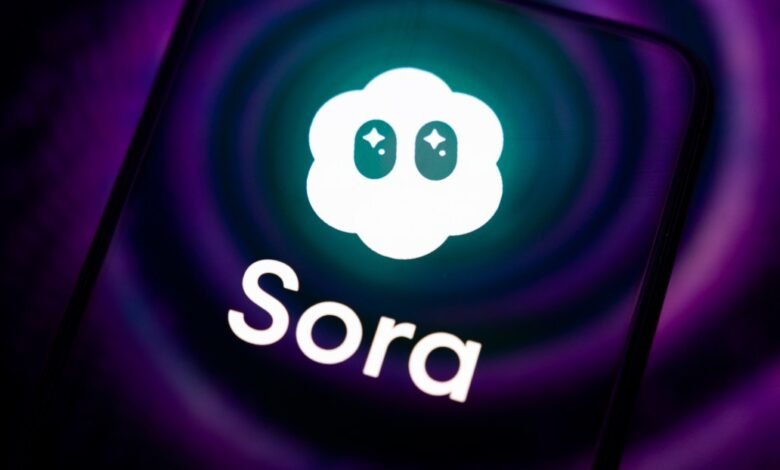Cameo Sues OpenAI Over Sora’s AI Video Cameos

▼ Summary
– Cameo is suing OpenAI for trademark infringement over Sora 2’s “cameo” feature, alleging it confuses consumers and harms its brand by associating it with AI-generated celebrity content.
– The Cameo app, launched in 2017, allows users to commission personalized videos from celebrities, while OpenAI’s Sora app uses the “cameo” feature for creating deepfake avatars, which has led to nonconsensual content.
– Cameo’s CEO stated they attempted to resolve the issue amicably but filed the lawsuit to protect fans, talent, and marketplace integrity after OpenAI refused to stop using the name.
– Cameo claims OpenAI intentionally used the “cameo” name to benefit from Cameo’s established goodwill and that third-party websites have further diluted its trademark.
– Cameo seeks monetary damages and a court order to prevent OpenAI from using “cameo” in its products, while OpenAI disputes exclusive ownership of the word.
The legal landscape for artificial intelligence is heating up as Cameo files a trademark lawsuit against OpenAI, alleging the tech giant’s new “cameo” feature in its Sora video app creates marketplace confusion and damages its established brand. Filed in California federal court, the complaint argues OpenAI deliberately selected the term to capitalize on Cameo’s reputation for authentic celebrity interactions, potentially misleading consumers into associating the well-known service with AI-generated deepfakes.
Cameo, which debuted in 2017, built its business on connecting fans with celebrities, influencers, and public figures for personalized video messages or live calls. In contrast, OpenAI’s Sora app, released on September 30, includes a “cameo” function that enables users to generate deepfake avatars of themselves for others to incorporate into videos. While some celebrities have voluntarily contributed their likenesses to the platform, critics point to the tool’s inadequate safeguards against nonconsensual deepfake creation as a significant concern.
Cameo CEO Steven Galanis expressed disappointment in the breakdown of negotiations, stating the company pursued legal action only after OpenAI declined to stop using the contested name. “Protecting our community, fans, talent, and the integrity of our marketplace, left us no alternative but to litigate,” Galanis explained. The lawsuit emphasizes that OpenAI’s choice of terminology appears intentional, designed to leverage the goodwill associated with Cameo’s brand.
The complaint further highlights the proliferation of third-party websites centered on Sora’s cameo functionality, which Cameo argues accelerates the erosion of its trademark. In response to the allegations, an OpenAI representative indicated the company is evaluating the complaint but maintains that no single entity can claim exclusive rights to the word “cameo.” Cameo is seeking financial compensation and a permanent injunction to prevent OpenAI from using “cameo” or “cameos” in naming its product features.
(Source: The Verge)





